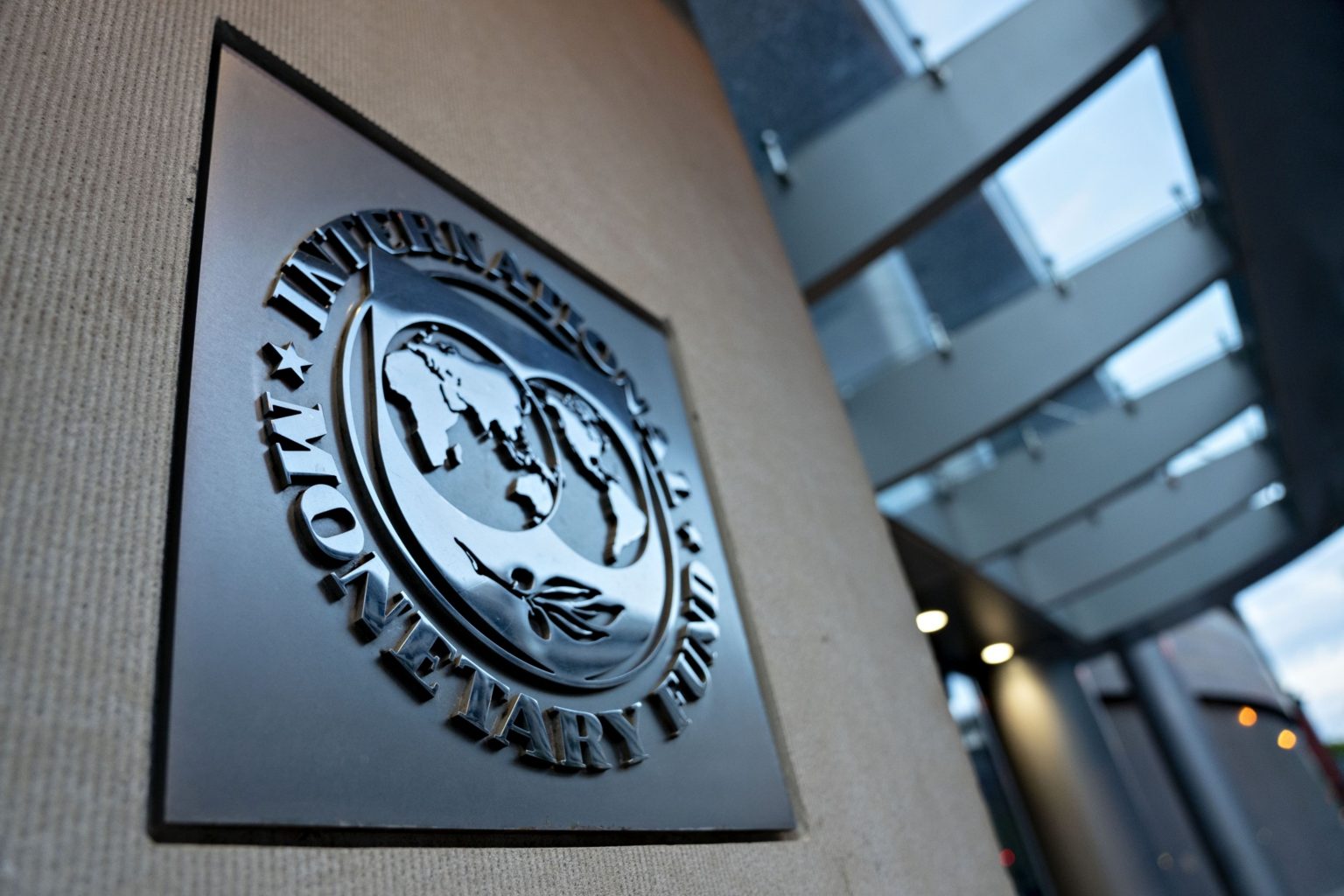IMF set to decide on resilience trust with $50bn loan goal

The International Monetary Fund will consider finalising a proposed new lending trust on Wednesday, with the climate change and sustainability-focused initiative eventually providing $50 billion for vulnerable countries.
The board is set to discuss the Resilience and Sustainability Trust, or RST, and staff are optimistic that approval will be granted, IMF economist Vimal Thakoor said in an online event on Monday. Fund officials in January had said that they hoped for approval before the institution’s spring meetings, which start next week.
The trust would allow the IMF to lend to countries to support long-term structural reforms, with an initial focus on climate change and pandemic preparedness. The RST would be funded by richer nations channeling their IMF reserves — known as special drawing rights, or SDRs — to poorer ones, with the first cases considered by the end of the year, he said.
“The proposal that has been put forward to the board is now for consideration of the approval,” Thakoor said. “Of course, we can’t pre-judge the outcome of the vote, but based on conversations we are optimistic.”
The proposal seeks to address a structural limitation of last year’s creation of a record $650 billion in IMF assets to deal with the pandemic fallout. Although there’s already a way for willing wealthy countries to help the poorest nations by sharing reserves, the new trust is needed to broaden the base of beneficiaries.
The RST is likely to start with resources of about $30 billion, increasing to about $50 billion in the medium term, Thakoor said.
The amount of money available for any nation to borrow from the trust would be capped at 150% of a country’s so-called IMF quota — its share of the institution’s resources — or about $1.4 billion, whichever is smaller. That condition effectively limits how much money a large middle-income nation like Turkey, Russia or Argentina could get.
Nations also would need to be already participating in a traditional financial or non-financial IMF program, making the trust a supplement rather than a substitute. Since the trust would aim to address longer-term risks to a nation’s balance of payments, countries would have 20 years to pay back loans — longer than with other IMF lending — with repayment of the loan beyond just interest instalments starting after 10 years.
About three-quarters of IMF member countries will be eligible, including low-income and developing nations; middle-income territories with gross national per-capita income of less than about $12 000 per year; and small states with per-capita income below $30 000, Thakoor said.

